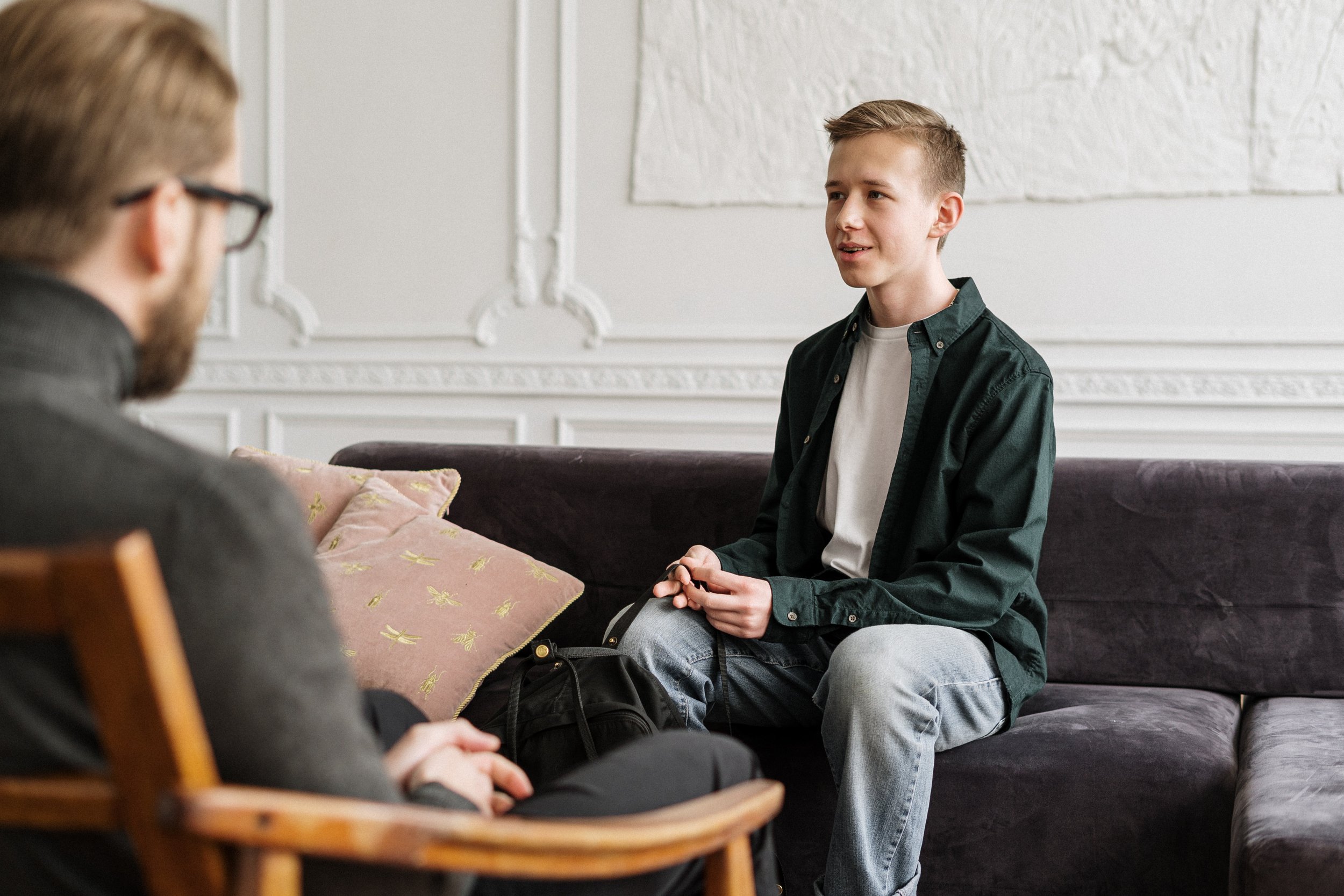
We Do This For Survival: How We Come To Be The Way We Are
"I don't know why I am like this." "Why can't I get past this?!" "Am I really this stupid?" I've heard phrases like these from many a frustrated or even panicked client. Perhaps those phrases even remind you of some behavior of your own that you just seem to keep coming back to, even though you know it's not your best self. These patterns, while incredibly frustrating and upsetting at times, once served a crucial purpose: they enabled your survival.
Across development, and especially during childhood, we are completely bound to the environments that we exist within. As such, we develop tools to best survive within those environmental systems. As time goes on, we continue to use the tools that provide us with the best outcomes.

Life After Coming Out: How do we learn to heal ourselves and build communities?
Gay and queer men’s experiences growing up in a culture steeped in homophobia and toxic masculinity lead to a wide range of social and emotional challenges for these men. Coming out is often only the first step to developing a good relationship with the self, others, and the feelings gay men have been taught to forget.

Non-Traditional Relationships
Like their traditional counterparts, non-traditional relationships vary considerably in their dynamics. Two of the more common umbrella terms for non-traditional relationships are Non-Monogamy and Polyamory, although the definitions under each umbrella can differ quite a bit from person to person, community to community, and even relationship to relationship.

Should I work with an LGBT+ Therapist?
Seeking out a psychotherapist who is a member of the LGBTQ+ community and offers therapy that is affirming of LGBTQ individuals can be beneficial for people who identify as part of that community in several ways. Read on to learn more.

Medication or Therapy?
Mental illness, emotional concerns, and symptoms of neurodivergence vary greatly from person to person, so it stands to reason that its treatment can vary as well. Some benefit greatly from psychiatric medication; some feel satisfied with therapy alone; and still others may find medication works best for them when accompanied by therapy, or vice versa.

Exploring Non-Monogamy with Couples
Many couples seek couples therapy to get support in exploring whether consensually non-monogamous relationships could be right for them. Lots of people these days are somewhat familiar with terms like open relationships, polyamory, and ethical non-monogamy, but struggle to articulate what about exploring these relationship dynamics is so important to them and how to discuss that with their partners.

Do I Need a Gay Therapist?
Is it important for gay men to have gay male therapists? Read about the possible benefits for therapy.
